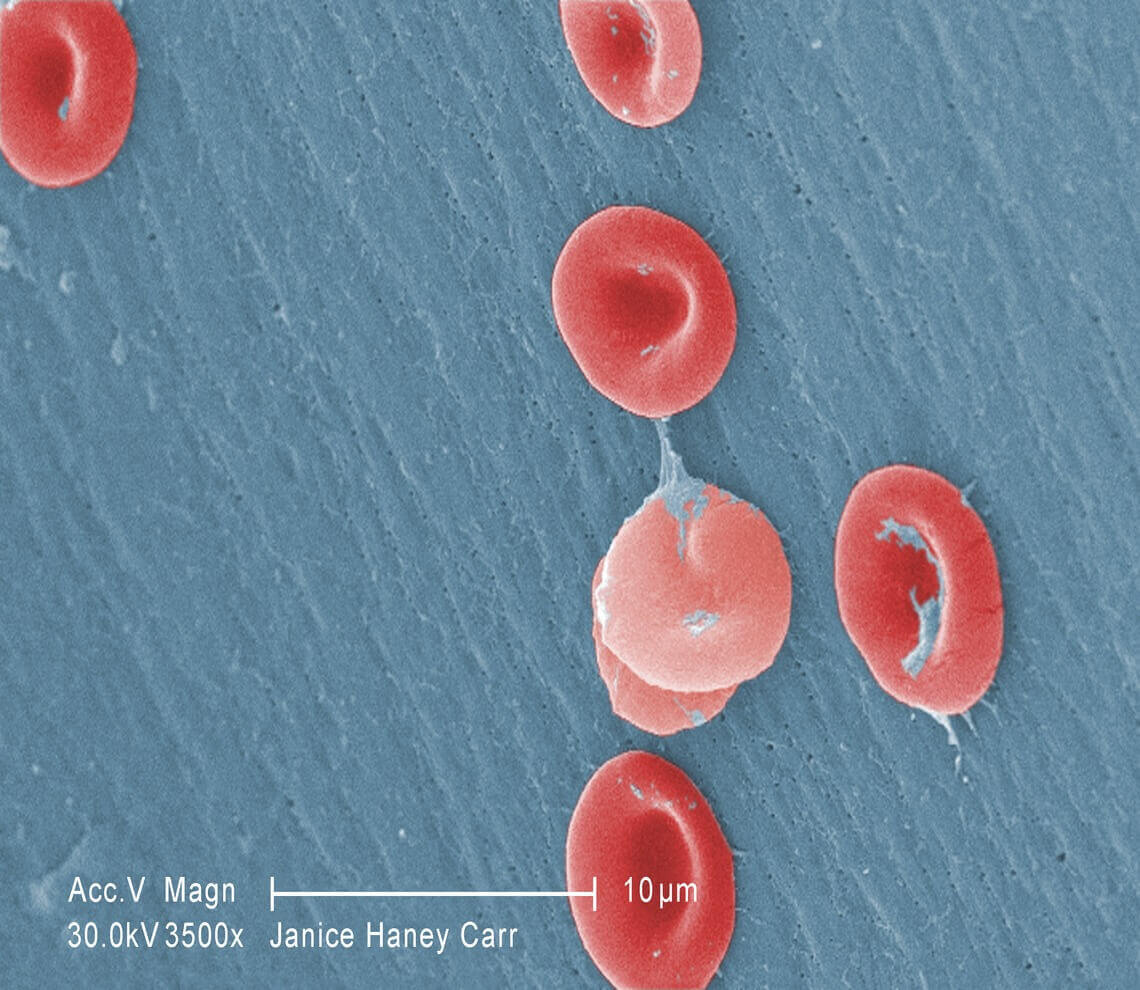- Our Suppliers
- MBS Monoclonals
- MOUSE Anti-ENTEROVIRUS 71 Antibody
Product short description
Price:
879 EUR
Size:
100ul
Catalog no.:
GEN210043
Product detailed description
Gene name
N/A
Gene name synonims
N/A
Other gene names
N/A
Concentration
N/A
Purification method
N/A
Other names
N/A
Immunoglobulin isotype
IgG1
French translation
anticorps
Category
Antibodies
Clonality
Monoclonal
Virus
enterovirus
Latin name
Mus musculus
Also known as
ENTEROVIRUS 71
Clone
422-8D-4C-4D (10F0)
Host organism
Mouse (Mus musculus)
Subcategory
Mnoclonal antibodies
Form/Appearance
Ascites (Ascitic Fluid - Liquid)
Tested applications:
Immunofluorescence (IF), Functional Assay (FA)
Properties
If you buy Antibodies supplied by MBS Monoclonals they should be stored frozen at - 24°C for long term storage and for short term at + 5°C.
Description
This antibody needs to be stored at + 4°C in a fridge short term in a concentrated dilution. Freeze thaw will destroy a percentage in every cycle and should be avoided.
Species reactivity
Viral; Due to limited knowledge and inability for testing each and every species, the reactivity of the antibody may extend to other species which are not listed hereby.
Storage and shipping
Store the antibody should be stored at -20 degrees Celsius. only. Storage in frost-free freezers is not recommended. the antibody should be stored undiluted. Repeated freeze - thaw cycles may denature the peptide chains of the antibody and therefore should be maximally avoided. If there is a precipitate in the vial we recommend you to briefly microcentrifugate it prior to use. Shelf Life: 18 months from date of dispatch.
Test
Mouse or mice from the Mus musculus species are used for production of mouse monoclonal antibodies or mabs and as research model for humans in your lab. Mouse are mature after 40 days for females and 55 days for males. The female mice are pregnant only 20 days and can give birth to 10 litters of 6-8 mice a year. Transgenic, knock-out, congenic and inbread strains are known for C57BL/6, A/J, BALB/c, SCID while the CD-1 is outbred as strain.
Specificity and cross-reactivity
ENTEROVIRUS 71 This item recognises Enterovirus 71, a virus first isolated in 1969 which is of importance because it can be fatal. Enterovirus 71 has been found in the spinal cord and medulla and can produce a range of symptoms from rashes to meningitis and encephalitis. This antibody also cross-reacts with Coxsackie A16.; Since it is not possible to test each and every species our knowledge on the corss reactivity of the antibodies is limited. This particular antibody might cross react with speacies outside of the listed ones.
© Copyright 2016-Tech News . Design by: uiCookies

